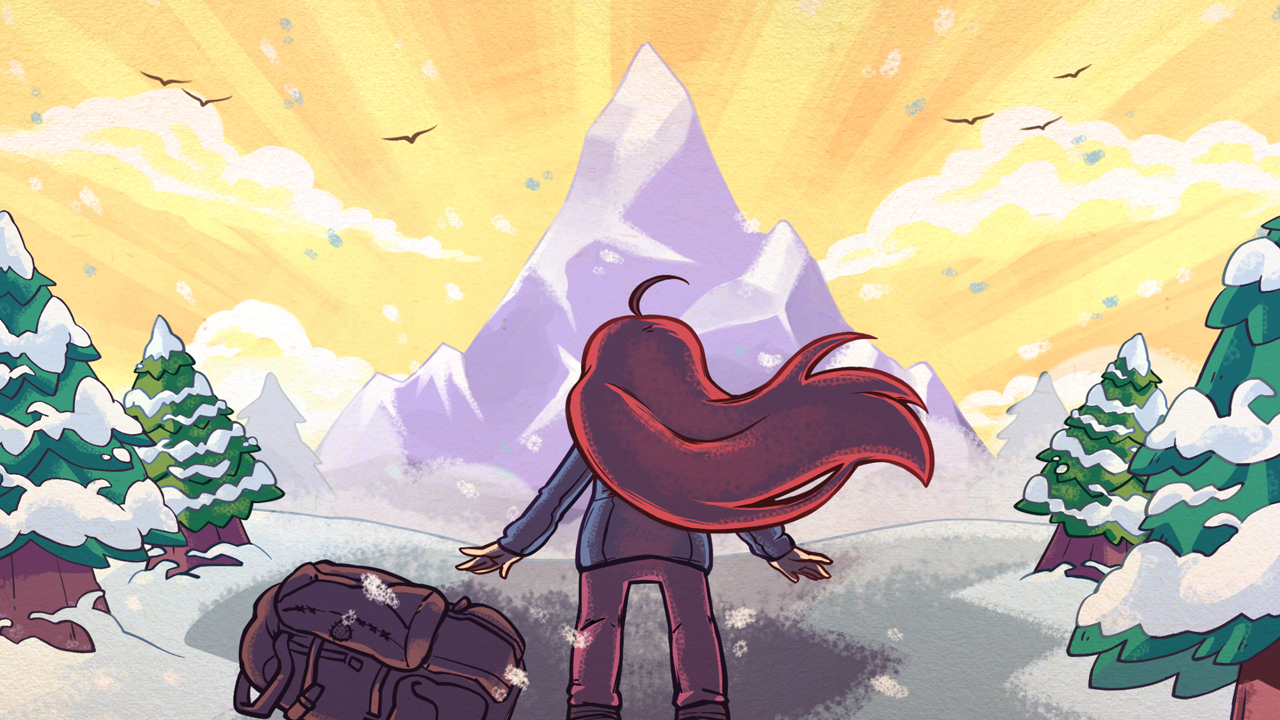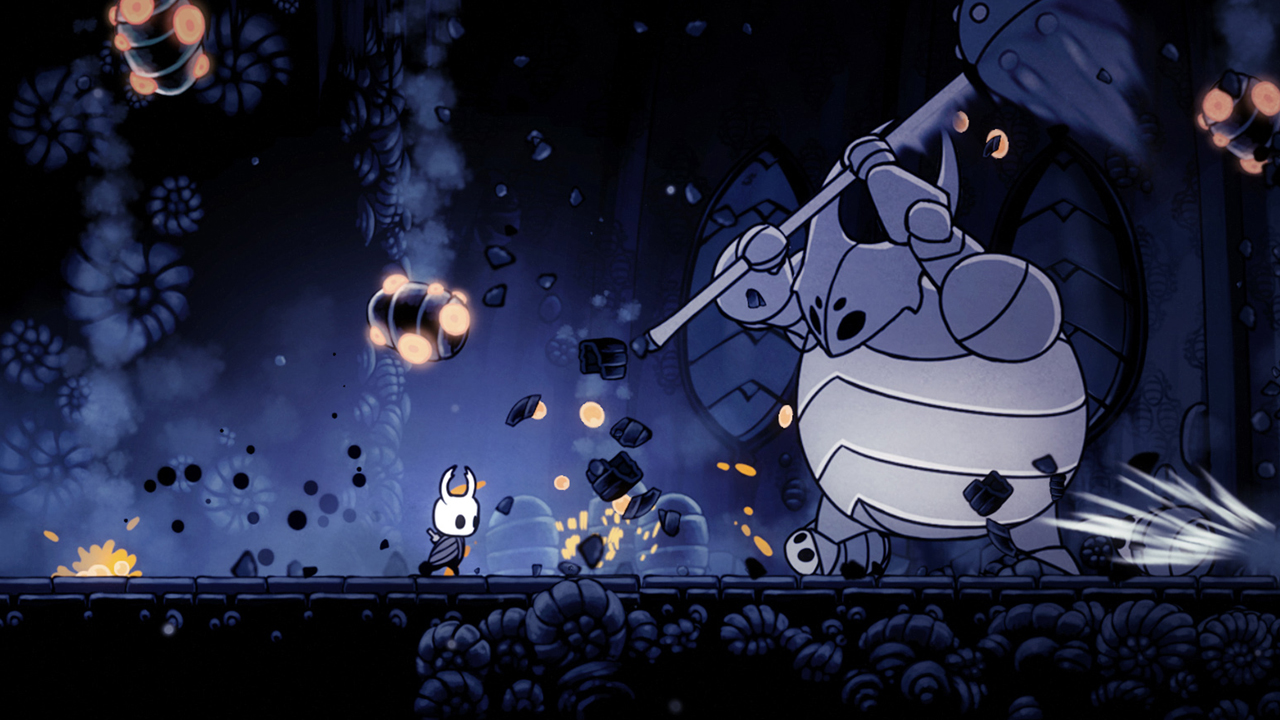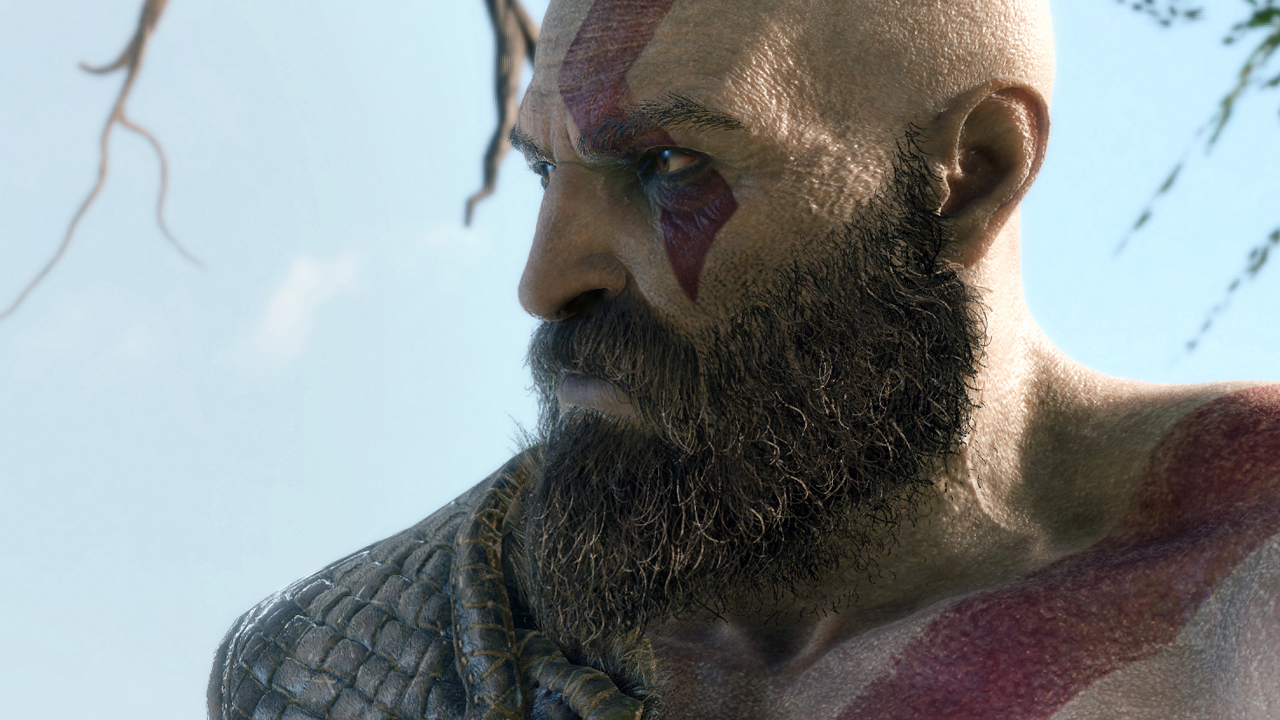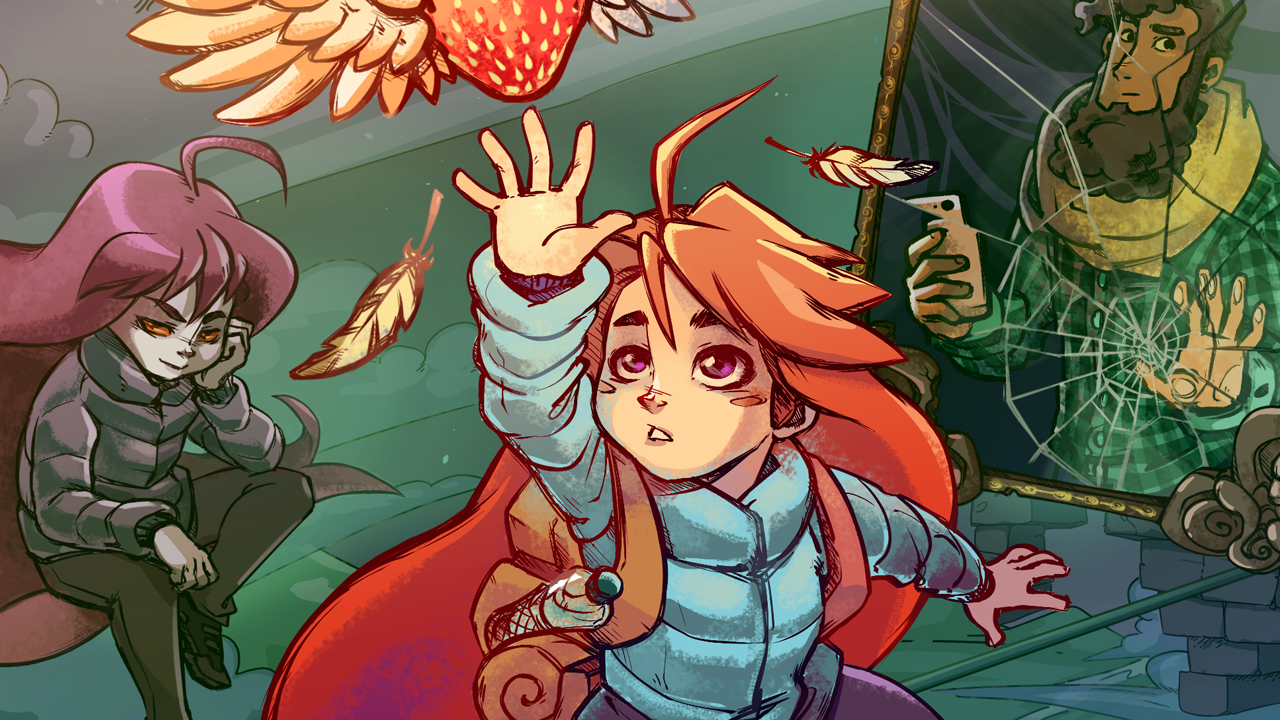Want to improve your life? Stop caring about completing games and just *finish* them
Finding the freedom in skipping some content

I used to think that achieving 100% completion of a game was the surest way to know I loved it. If I was truly enamored with a game's world, aesthetic, and mechanics, why would I ever leave any extra content on the table? This was at an age when most new games came in the form of birthday or Christmas gifts, so there was ample time to chart every square inch of the virtual landscape in platformers like Psychonauts or Jak and Daxter. But I've since gotten older and I dare say wiser, fortunate enough to live in a time when amazing games are released with such unrelenting regularity that no one person could possibly play them all in a lifetime. And somehow, I've only just come to terms with a mentality I wish someone would've told me earlier: sometimes leaving a few stones unturned is the secret to maximizing your overall gratification. The desire to do everything shouldn't override your ability to play a game, appreciate it, and move on.
Put another way, you should only play games for as long as you're enjoying them. Again, this is a lesson I should've learned much sooner - because until fairly recently, I was determined to finish any game I had played for more than an hour, even if I started to actively detest it. It wasn't just that I was falling prey to the sunk cost fallacy, where we convince ourselves that any time and money invested into something would be wasted if we don't see it through to the end. Somehow, beating a game I'd grown to hate was a misguided way to show it who's boss; by making it to the end credits, I was now authorized to officially decree that yes, things never got any better, and my initial judgment of the game's suckiness was wholly accurate. Looking back, that was all wasted time I could've spent delving into all the fresh, exciting experiences that seemed destined to forever reside in my backlog.


If you still feel the need to see and do everything in a fantastic game like God of War, our God of War guides have you covered.
But while we obviously shouldn't spend our precious, all-too-limited time on this earth playing games we despise, it can be trickier to wrap things up when you're engrossed in something you'd describe as 'good,' 'great,' or 'easily GOTY material.' By all means, you shouldn't try to rush through something you're savoring - but you don't want to get trapped in the mindset that you can only advance the story to its conclusion once you've seen everything there is to see. Don't make the same mistake I did in my Hollow Knight playthrough, where my save is trapped in limbo just before the final boss. I'd pledged to collect every upgrade and equippable charm as a display of my devotion to, and appreciation of, this incredible Metroidvania - but along the way, I've stalled out while scouring the many nooks and crannies of the map in search of secrets rather than fighting my way through to the long-awaited ending. I'll finish Hollow Knight someday - really, I will - but by willfully prolonging the game in the hopes of 100% completion, I've effectively taken the wind out of my own sails. Even on the day when I do make my triumphant return - ideally to make a beeline for that final boss - the impact of finishing the game is inherently lessened due to my faded familiarity with the niceties of combat and an increasingly cloudy recollection of the story and my stake in it.
It's ok to walk away
Games don't have feelings, so they won't be hurt if you decide to skip over something they offer. There's been plenty of discussion about the dangers of bloated collectible checklists, which can needlessly pad out a game's runtime or be so numerous as to lose all value and turn treasure seeking into mundane busywork. But beyond the compulsion to collect every last lore doodad and whatchamacallit power-up, there's a similar danger in letting optional challenges bind you to a game when all you want to do is be done with it. After hours of precision jumping and dashing in the wonderful Celeste, I had scored all the B-Side cassette tapes that unlock ultra-difficult remixes of each level. Originally, I vowed to complete every B-Side challenge before allowing myself to move on to the next stage - but that eventually gave way to simply playing at whatever pace felt best. I ended up finishing the epilogue stage with my original goal only partially achieved, and that's just fine. Instead of complying with a self-imposed mandate to prove to myself what a hardcore and skilled platformer player I am (because lord knows no one else would be impressed), I had the wherewithal to finish the story when it still had its full emotional resonance, leaving the B-Side trials for another day. They'll still be there, waiting for me, if and when I decide to return - and I've since learned that even harder C-Side levels await full completionists. Had I discovered a new set of grueling levels just when I thought my quest was about to be over, it'd surely turn such a 'Woah, cool!' moment into some 'Please, God, just let this be over already' despair.

It's amazing how the act of actually finishing a game can recontextualize everything.
Beyond items hoping to be found and arduous undertakings just waiting to be conquered, there's another form of incompletion captivity: unseen story elements. That often takes the form of quest logs riddled with half-attempted side quests; as Jamie Madigan wrote for his insightful blog The Psychology of Video Games, that can manifest itself as the Zeigarnik effect, where our memories are haunted by all the unfinished tasks we agreed to take on at some indeterminate point. But even additional story content with almost no time investment or effort required can still feel like a game overstaying its welcome. Injustice 2's campaign has plenty of small branching paths along the way, plus two endings to choose from at the story's climax. Even though I know I'd revel in all the snappy dialogue exchanges I didn't see the first time around, and despite the fact that revisiting these branching points is incredibly easy, I still can't be bothered to go back through old story beats or fight for the alternate outcome. When it comes to multiple endings, there's always YouTube - and when I still have yet to queue up such a hassle-free method of seeing what I missed, it's a pretty sure sign that getting out when I did was the right idea.
It's amazing how the act of actually finishing a game can recontextualize everything you set out to do in the lead-up to the ending. So if you're ever in doubt about whether or not you should pursue that extra mission or last unclaimed item, I'd advise that you simply push through to the final encounter and see how you feel when the credits rolls. More often than not, all the urgency or importance you assigned to that bit of unfinished business will melt away, leaving you perfectly content with what you accomplished instead of weary and wishing you could speed things along. And if you find that you do still want to collect and complete everything, the option will still be there. As I currently pummel and chop my way through the excellent God of War, I'm making a concerted effort to only seek out chests and encounters off the beaten path for as long as they hold my interest and curiosity. But when it comes to clearing the map of every last collectible, well... I think I'd rather just be done when I'm done.
The faster you finish your current games, the sooner you can jump into all the other new games of 2018.
Weekly digests, tales from the communities you love, and more
Lucas Sullivan is the former US Managing Editor of GamesRadar+. Lucas spent seven years working for GR, starting as an Associate Editor in 2012 before climbing the ranks. He left us in 2019 to pursue a career path on the other side of the fence, joining 2K Games as a Global Content Manager. Lucas doesn't get to write about games like Borderlands and Mafia anymore, but he does get to help make and market them.



